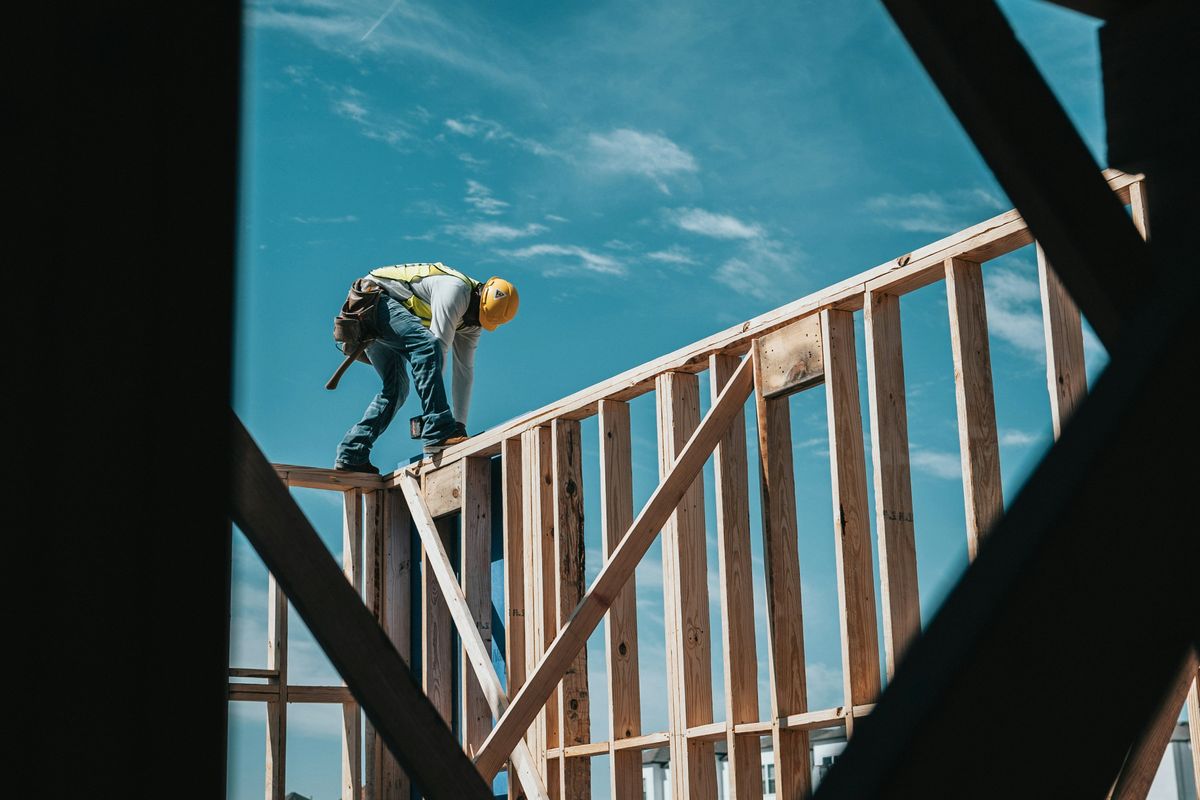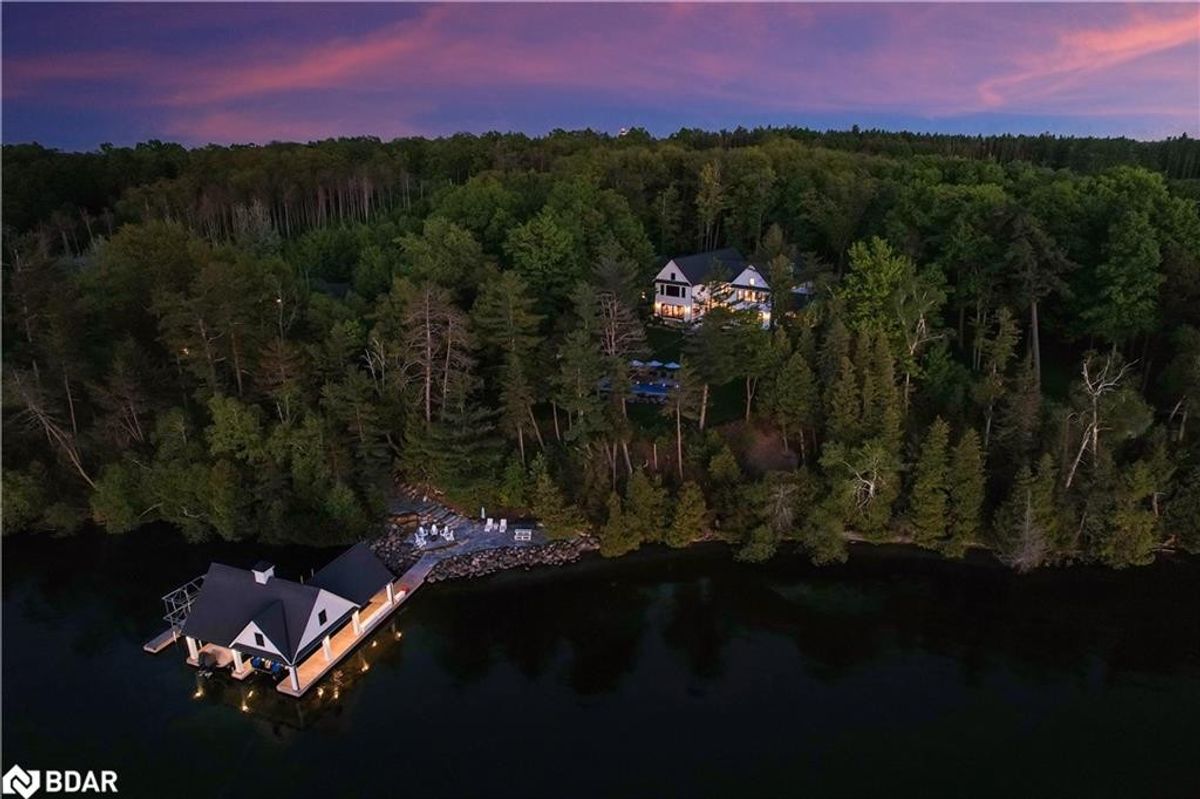Despite it being hotly contested, British Columbia’s (BC) “cooling-off” period will soon officially become a reality.
The provincial regulation, set to take effect later this spring, allows for time to back out of a real estate agreement.
This cooling-off period is part of the Property Law Amendment Act introduced in BC’s legislature yesterday. The province’s Finance Minister Selina Robinson said the new regulations would set a framework for a protection period for homebuyers to properly assess, professionally inspect, and finance properties they are considering purchasing.
The law will apply to both resale properties and new homes.
While the cooling-off period has been given the green light, important specifics -- like its length and potential financial ramifications of backing out of a deal -- have yet to be determined.

While everyone can agree that BC’s relentlessly pricey market is problematic, to say the least, experts say that a cooling-off period isn’t the solution when it comes to tackling housing affordability. Many say it will put sellers at a disadvantage and could actually cause more harm than good -- and even hike up prices.
In fact, according to a press release issued today by the British Columbia Real Estate Association (BCREA), only 35% of BC residents support the new cooling-off period, as evidenced by a recent survey. "On behalf of the province’s eight real estate boards and 24,000 REALTORS®, the BC Real Estate Association (BCREA) supports the Government of British Columbia’s intent to introduce a 'Homebuyer Protection Period.' However, the BC Government's cooling-off period fails to meet the needs of British Columbians," reads the press release.
Last month, BCREA also denounced the cooling-off period. With support from the province’s real estate boards, BCREA published a white paper and series of sweeping recommendations for the BC government. And a cooling-off period was not one of them.
“A ‘cooling-off period’ is not the answer to alleviating the stresses consumers are currently facing in real estate transactions,” said BCREA Chief Executive Officer Darlene K. Hyde in a statement last month. “It won’t stand the test of changing market conditions, regional market differences and doesn’t equally serve buyers and sellers. It also does nothing to address the root of BC’s housing affordability problem; namely, lack of supply.”
According to BCREA, an analysis of cooling-off periods in other global jurisdictions has shown the policy to be “ineffectual at best.” The cooling-off period was announced on November 4, 2021 without broad consultation from the housing sector, says BCREA.
In November, BC realtor Alex Dunbar, who sells homes in the Surrey, Langley, White Rock, and Vancouver regions, said the idea of a cooling-off period came as a shock to the whole industry and didn’t feel experts were adequately consulted. As Dunbar highlights, removing the need to have subjects in a contract will put everyone on a level playing field, which may sound nice in theory, but isn’t necessarily a good thing.
“Currently, an offer with no subjects is often taken over an offer with subjects, even at a lower price,” explains Dunbar. “This is because of the fact that the seller could accept the offer without subjects on the spot and not have to worry about them backing out of the deal or trying to further negotiate later on. Removing this option would make all offers solely price driven which -- surprise, surprise -- would lead to further upward pressure on home prices.”
That’s not all. “Additionally, it will give buyers the ability to write extremely high offers without having to commit to following through with the purchase, while also allowing them to tie up properties for a given period of time,” says Dunbar.

There are also concerns among industry experts that the cooling-off period is harmful to sellers.
“There is a concern among people in the industry that they haven’t really taken the sellers concerns into consideration -- or at least, not yet, they haven’t,” Vancouver mortgage expert and partner at Thrive Mortgage Co., Alex McFadyen told STOREYS in November. “A cooling off period could be a scary proposition for sellers, who have to turn around and buy another home on their end. Does this put them in a negative situation? A cooling off period has proven effective in the new development space, but with resale, there are so many factors a seller needs to negotiate in terms of the timelines on their home.
A general consensus is that there must be adequate safeguards in place (i.e. steep fees) in order for the cooling-off period to work.
At the end of the day, however, the reality is that adding a cooling-off period to the equation likely won’t do anything to reduce the province’s sky-high home prices. In fact, some realtors even say the cooling-off period is too little too late and comes just as the market is (finally) showing some signs of cooling on the supply front.





















